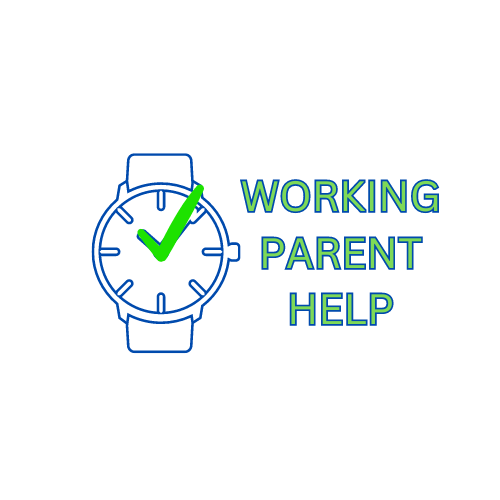
The Value of Honesty: Creating a Home Where Truth is Encouraged
As parents, we dream of raising kids who tell the truth, the whole truth, and nothing but the truth. But let’s be real—sometimes we get wild tales about how the cookie jar magically emptied itself or how the goldfish learned to fly (RIP, Goldie).
So, how do we create a home where honesty is encouraged without making it feel like an interrogation room? Let’s dive into some practical (and humorous) ways to build a culture of truthfulness in your home.
1. Model Truthfulness
Kids are like tiny, unfiltered mirrors—they reflect everything they see. If they catch you fibbing (“Tell them I’m not home!” while you’re literally sitting on the couch), don’t be surprised when they start doing the same.
Instead, model honesty in daily interactions. If you mess up, own it. If you forget something, admit it. By showing them that honesty isn’t about being perfect but about being accountable, you lay the foundation for an open and truthful household.
💡 Pro Tip: Keep your home organized with TidySpace 5-Cubby Toy Storage Bookshelf, so your kids don’t “accidentally” lose their homework.
2. Praise Honesty, Even When It’s Hard
Imagine your kid tells you they broke your favorite mug. Your first instinct might be to launch into a dramatic monologue about the sentimental value of said mug, but take a deep breath. Instead, thank them for their honesty before discussing consequences.
Kids need to know that telling the truth—even when it’s difficult—is appreciated. If honesty only leads to punishment, they might start sugarcoating (or outright hiding) the truth.
💡 Pro Tip: Reward their honesty with a positive reinforcement system, like a sticker chart or their favorite snack (strategically stored in Freshease 4-6 Grid Refrigerator Storage Box Organizer).
3. Avoid Harsh Punishments
If every truth bomb is met with a punishment, kids may start thinking, Why tell the truth when I could just get away with it? Instead, focus on teaching and guiding rather than punishing.
For example, if your child admits to sneaking extra screen time, instead of banning all electronics for a month (which, let’s be honest, punishes you too), have a discussion about boundaries and trust.
💡 Pro Tip: Keep their distractions in check with the Playbox Large Capacity Toy Organizer, so they have a designated space for all their toys and gadgets.
4. Create Open Conversations
Nothing kills honesty faster than a parent who overreacts. If your child feels safe coming to you with the truth, they’re more likely to keep doing it.
Create a habit of open conversations where your kids know they can share anything without immediate judgment. A simple “That was really honest of you to share. Let’s talk about how we can fix it together.” can go a long way.
💡 Pro Tip: Set up a cozy chat corner with 24pc Fluted Glass Storage Containers filled with snacks, because let’s face it—good conversations happen over good food.
5. Teach the Impact of Lies
Honesty isn’t just about avoiding punishment—it’s about trust. Teach your kids that lying can hurt relationships. Share simple examples, like how a little fib about finishing their homework can lead to bigger trust issues over time.
Storytelling works wonders here. Use books, real-life examples, or even role-playing games to show how honesty builds stronger relationships and why lying can create unnecessary problems.
💡 Pro Tip: Use FridgeFresh Fridge Herb Keeper to store fresh produce so your kids don’t pull the old “We don’t have any vegetables” excuse when they open the fridge.
Final Thoughts
Raising honest kids is about creating an environment where they feel safe telling the truth. By modeling honesty, praising truthfulness, handling confessions with care, and keeping conversations open, you can build a home where honesty isn’t just encouraged—it’s second nature.
💡 Call to Action: Got a funny or insightful story about teaching honesty to your kids? Share it in the comments below! And if you’re looking for more parenting survival guides, check out our other blog posts.
